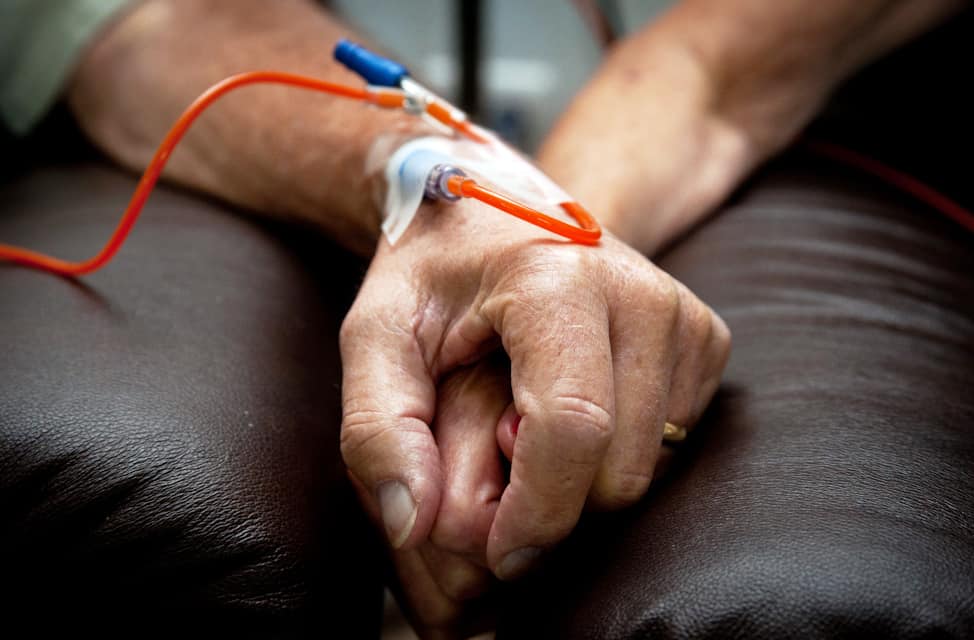Palliative care or end of life care is providing support to the people who are at the end of their lives, somewhere between the last months or last years.
Palliative care will help you elongate your life for as much as possible and to pass on with grace. The providers of this care should inquire about your preferences and wishes and then work with you to incorporate them into your care plan. They should also be fully supportive of your family members and any previous caregivers or anyone dear to you.
Everyone, including you, reserve the right to decide where you die when the time comes and to express your wishes as to where you want to receive your end of life care. There are many options available, and depending on your wishes, you can receive palliative care at home, or care homes, or a hospital as well.
No matter where they’re being cared for, people who are approaching the end of their life-cycle are entitled to absolutely high-quality care.
What is Palliative Care?
End of life care and palliative care are two sides of the same coin. If you are afflicted with an incurable illness, palliative care ensures you as much comfort as possible by effective pain management and reducing other distressing symptoms. This care also includes psychological, spiritual, and social support for your family and carers. It is sometimes referred to as a holistic approach to care, as it sees and treats you as “whole” and not just your illness or symptoms of your illness.
Palliative care services are not only restricted to just the end of life, no. You may also receive palliative care earlier in your disease, along with any other therapies being used for the treatment of your condition.
Who Provides Palliative Care?
Various social care and health professionals can be involved in providing your end of life care, depending on your needs and desires. For instance, community nurses, hospital nurses and doctors, your GP, and counsellors may be involved along with physiotherapists, social workers, clergymen (of all faiths or none), and occupational therapists.
However, if you decide to go with live-in care in Birmingham at home, your GP will be bearing the sole responsibility of your care. Apart from this, some community nurses might visit you from time to time, and of course, your close family members and friends will be involved in your care too.
When does Palliative Care Begin?
The end of life care can start whenever you want or need it to and can last from a few days to a few months or even a few years.
Different people in different circumstances can gain benefits from palliative care. Some people may be expected to die within some hours of their care while others may have care benefits over a period of many months.
Individuals who are likely to die within the next 12 months are considered to be reaching the end of their lives, though these predictions are not always accurate or sometimes even possible to make. This includes people whose death is impending and also people who:
- have cancer, dementia, motor neuron disease or any other advanced incurable illness of the like
- are usually fragile or weak and have accompanying illnesses that mean they are likely to pass on within 12 months or so
- Are at risk of dying from an emergency because they have pre-existing conditions
- Have a serious life-threatening condition caused by a sudden calamity such as an accident or stroke
Some note-worthy guidelines on the care of dying adults in their last days of life have been published by the National Institute for Health and Care Excellence. The guidance provides information on managing the common symptoms, and also how to show respect to the dying person, their family, and carers.
How To Find Out About The Palliative Care Services In My Area?
If you’re reaching the end of the line or are the caregiver of someone who is approaching the end of their life and want to know more about the available resources for care and support, then your first move should be to talk to your General practitioner or call your health professionals.It is a part of their jobs to make you aware of the locally available services. You can ask them about all kinds of services and the help you need. For example, they might be able to tell you about some special night-time services. You can also look up and search for particular types of services near you, such as live-in care in Birmingham.

